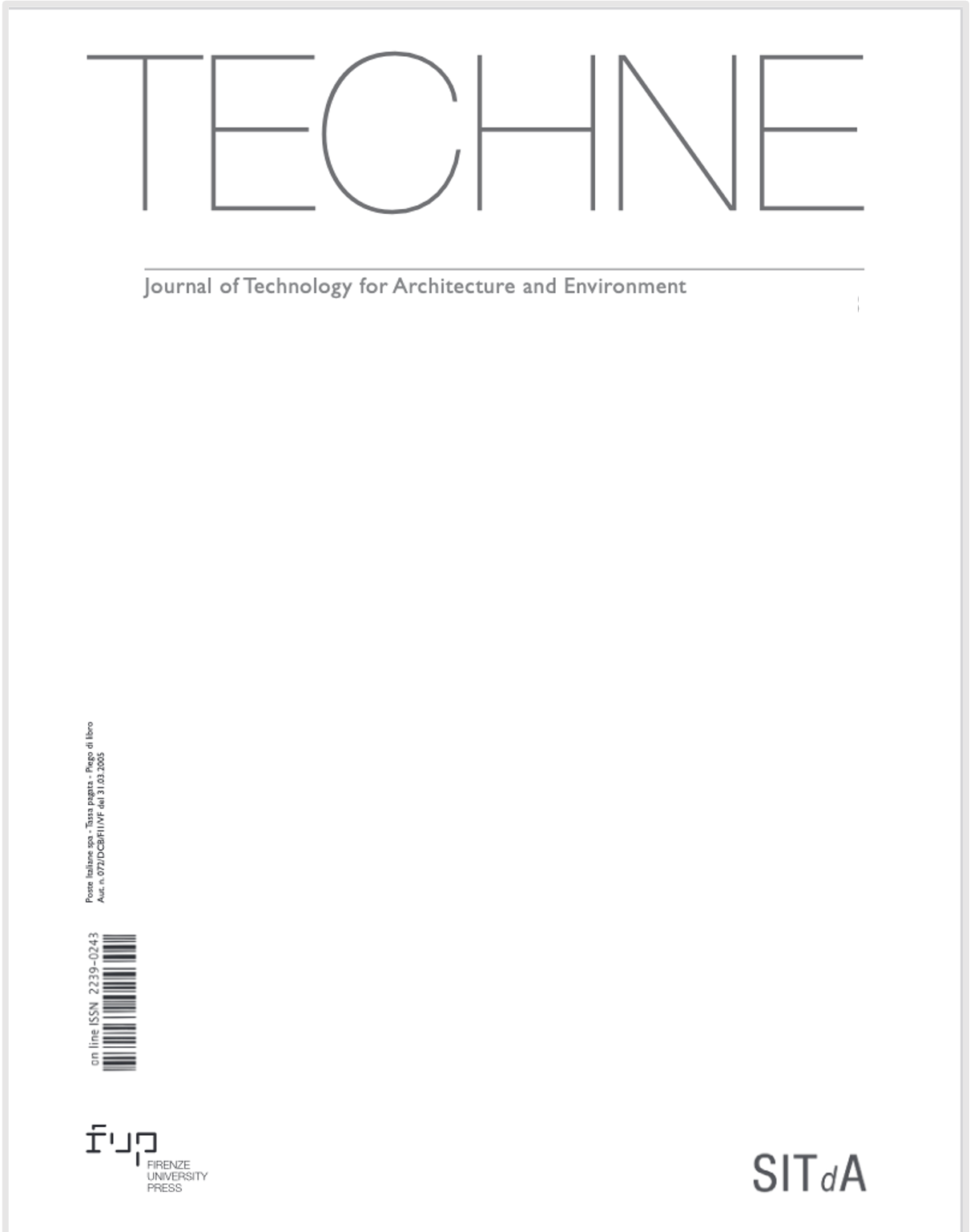With the orientation of international and European research towards the so-called “knowledge economy”, the role of universities in relation to socio-economic-cultural dynamics has undergone a definitive transformation. This new model, based on cooperation between universities, institutions, businesses and communities, positions academic institutions as key players in innovation and transformation of society, actively participating in the transfer of technology and knowledge to meet the evolving needs of the reference territories.
The challenge of technology transfer arises in response to the transitions and polycrises affecting contemporary societies. It does not seem to concern only the hard sciences, traditionally involved in the development of market-oriented products and services. The disciplines of Architecture and Civil Engineering, particularly in the area of Technological and Environmental Design – with its strategic, predicting and operational capabilities aimed at managing the the complexities of built environment processes – play a central role.
On the one hand, it is necessary to have the ability to transfer theoretical knowledge into activities that connect innovation and its reproducibility, also through design initiatives or services actions to support institutions, associations or companies. The 2030 Agenda, the NEXT Generation EU policies and the “Mission 4” of the PNRR are oriented in this direction. On the other hand, new capabilities must be developed to implement regional innovation ecosystems, repositioning universities in a key role for the definition of new sustainability scenarios as advocated by the Agenda of the European University Association for Open Science. Authors are invited to contribute by highlighting both disciplinary and interdisciplinary experiences in technology transfer, whether completed or nearing completion. The objective of contributions is to address, with a critical thinking, the aspects concerning the transition from the research culture centered only on know-how and know-who, towards the new scenarios of development of scientific knowledge, understood as vectors of innovation that operate through the connection between know-what, know-where and know-why (Frondizi, 2020).
The contributions must highlight, through objectively verifiable indicators, the actual environmental, economic and socio-cultural impacts of these experiences in their respective implementation contexts.
During the evaluation phase of the contributions, particular attention will be given to the ability to document how technology transfer affects the value creation in the built environment, and what are the impacts obtained also through processes of participation, co-production of knowledge, co-decision and co-working.
Therefore, authors must clearly specify: the internal contextual inputs and the external environmental variables, highlighting local specificities and diversities within which the activities have been developed; the outputs and outcomes related to the impacts, positive/negative repercussions, cultural, social, economic benefits actually generated on the territory (EU Knowledge Transfer Metrics).
TIMING
Abstract submission: November 18th, 2024
Abstract acceptance: December 16th, 2024
Article submission: March 03th, 2025
Reviewed article result: April 15th, 2025
Reviewed article submission: May 15th, 2025
PUBLICATION DATE TECHNE | 30
31TH OCTOBER 2025

